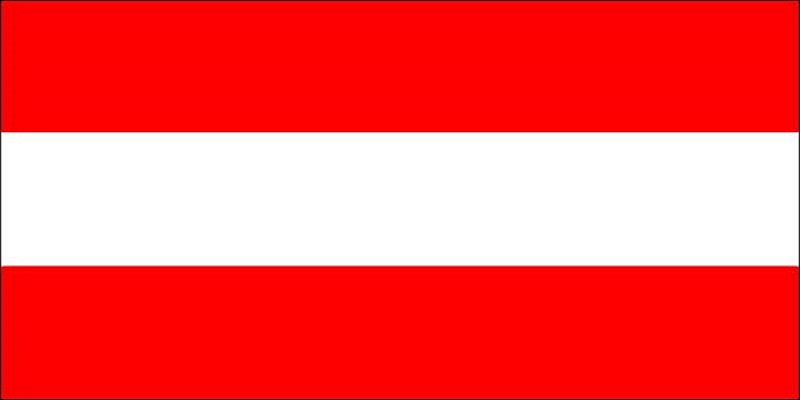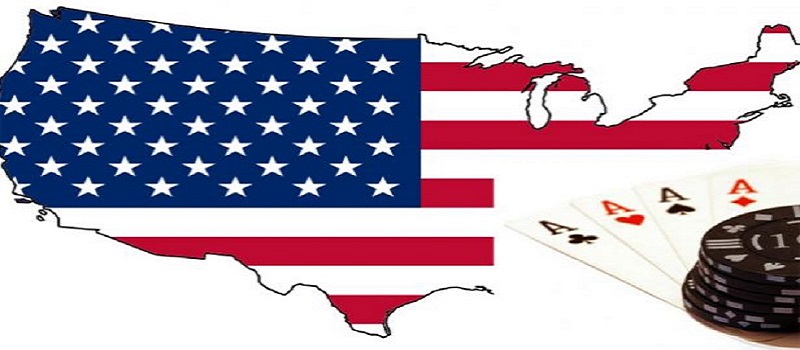
In recent years, the Canada Revenue Agency has been aggressive towards many poker players, requesting contributions of tens, or even hundreds of thousands of dollars for several years poker winnings.
Although the situation may be agonizing for many of them, they will be happy to learn that a judgment rendered August 29 in Ontario has finally come to shed light on the issue stopping Radonjic v. the Canada Revenue Agency.
Facts:
Peter Radonjic is a poker player. He began to play in 2003, but in 2004, he began to gain significantly. In May 2004, he decides to leave his contractual employment with the Federal Government.
In completing its 2004 tax return, he decided to include all its earnings from poker on his report. He wanted to be careful, to avoid having to pay a large sum later, and also allow that he can more easily fund its mortgage. In addition to 2004, he also stated his winnings from poker for the years 2005, 2006 and 2007.
In 2011, after discussing with a few poker players, Mr. Radonjic came to the conclusion that his poker winnings were ultimately not taxable. He then made the request to amend his statements so that return them the money it had paid too much. After wiping two their refusal on the ground that his earnings were revenue from enterprise, he asked the Federal Court to review the decision of the CRA.
The decision:
J. summarized its decision saying notably that "(c) the Department failed to understand how online poker is played; (d) that it is inconsistent with itself and the case Cohen; […] He decided that poker winnings are taxable and that he then simply looked for ways to justify this decision. […] (i) that it is unable to explain the system that the player has put in place to play poker. (j) that he failed to take into account that all players try to minimize their losses and maximize their earnings. »
He based his reasoning on the following points:
- Past performance should not be a guide to whether a player has a "reasonable expectation of profit".
- Playing poker online over a long period of time, intense way and on a regular basis does not constitute a 'system '.
- Everyone participating in the poker wants and tries to increase the odds in their favor. This does not mean that they have developed a system: if they win, the chance is the predominant factor.
- The mode of payment used is not indicator of a "business management", because everyone who wants to withdraw his money must implement some sort of payment system.
- Leaving his employment or his other sources of income while the player wins Poker does not indicate that the player has a system or that it carries on a business: one grand prize winner could decide to quit completely, but this does not mean that it manages a business.
- Using his earnings to finance a mortgage is not an indication that the player manages a business. Earnings can be used in a meaningful way, and the player does not have to play until he loses everything.
- Having a computer with multiple monitors does nothing that the player has made capital investments for the purpose of managing a business or to make a profit. There is nothing special to have a computer and several screens.
- Keep a register of its gains and losses is fully compatible with the need to prove the source of funds for tax purposes. These are in no way professional documents.
Conversely, the same reasoning applies to losses of poker: a player who loses may not be able to make a claim on these losses. This judgment is going in the same direction as the case Cohen v. the Agency of Revenue Canada (see " non-deductible loss of poker? ' on PokerCollectif).
The judge however opens the door so that the degree of activity of the poker player can be sufficient for the Court claims that it is a business, especially if the player had employees or partners which execute its instructions or following a system.
Remains only to hope that the Agency of revenue of Canada ceases its hyperactive behaviour aggressive and abusive against poker players...
Discuss this news by clicking the following link: professional poker players winnings taxable?
Source: http://www.canlii.org/en/ca/fct/doc/2013/2013fc916/2013fc916.html









